Five University of Otago researchers are being celebrated with Royal Society Te Apārangi Fellowships to undertake a range of studies, from anatomical skeletal collections to the links between housing and mental health.
Announced today, three prestigious Rutherford Discovery Fellowship were awarded to Drs Kimberley O'Sullivan, Rosie Brown, and Megan Leask.
The Fellowships support some of Aotearoa New Zealand’s most promising early-to mid-career researchers as they secure and accelerate their research careers and contribute to the country’s research, science and innovation system. Recipients will receive $800,000 each over the next five years to conduct their research projects.
Dr Brown, of the Department of Physiology and Centre for Neuroendocrinology, will focus on how hormones regulate the mood and behaviour of parents after the birth of their offspring.
Working with her team of biomedical researchers, she aims to understand how hormones act in the brain to bring about healthy changes in the behaviour of parents. The project focuses on understanding the role of the hormone progesterone in altering mood and behaviour in mothers during pregnancy and through into the postpartum period.
Dr O’Sullivan, of the Department of Public Health, will investigate the mental health impacts of housing and energy use.
Together with community and industry partners, she and her team aim to systematically explore the links between energy poverty, cold homes, and mental health outcomes in the hopes of understanding this burden on peoples’ wellbeing and assess which interventions work best.
Dr Leask, of the Department of Physiology, will use the funding to utilise the latest and most comprehensive genetic datasets we have from Māori and Pacific people to identify key biological mechanisms underpinning metabolic health and disease.
It will also allow her to develop a translational pipeline using cell assays and zebrafish to understand what the molecular mechanisms are that underpin these genetic findings.
Also announced today are the James Cook Research Fellowships, which were awarded to Professors Siân Halcrow and Peter Fineran.
These two-year Fellowships are given to researchers at the height of their careers who have achieved national and international recognition in their area. The funding package annually is $100,000 plus GST and up to $10,000 plus GST in relevant expenses.
Professor Halcrow, of the Department of Anatomy, will study anatomical skeletal legacy collections in Aotearoa and the US.
She will work with colleagues from Te Papa Tongarewa, Drs Jamie Metzger and Amber Aranui, and US researchers to undertake the first comprehensive survey of such collections, held by museums and teaching institutions, in both countries and conduct a systematic assessment of stakeholder perspectives on their use and curation.
Professor Fineran, of the Department of Microbiology and Immunology, will develop a novel method for generating random mutations in phage genomes to determine the genes which are important for phage function and allow them to evade bacterial defence systems.
This fundamental research will facilitate the rapid generation of phages that can evade specific bacterial defence systems - an important step towards using phages for the treatment of antibiotic-resistant bacterial infections.
Deputy Vice-Chancellor (Research and Enterprise) Professor Richard Blaikie says it is fantastic to see Otago researchers celebrated at different stages of their careers.
“Whether they are at the start of their career or already leaders in their field, these researchers will make significant impact in Aotearoa and all over the world from their work,” Professor Blaikie says.
“The range of research areas recognised also showcases the depth and diversity of our academic community.”
The awards
Rutherford Discovery Fellowship
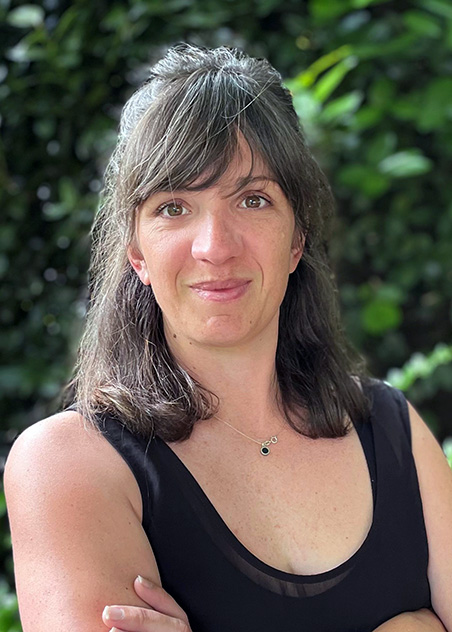 Dr Megan Leask, Department of Physiology
Dr Megan Leask, Department of Physiology
Incidence of metabolic conditions, such as type-2 diabetes, chronic kidney disease, cardiovascular disease, and gout, are increasing worldwide at an alarming rate. Those affected live shorter lives with higher morbidity and cause a substantial load on the healthcare system. A ‘precision medicine’ approach involves tailoring care to individuals based on genetic and environmental information for cardiometabolic diseases, and promises to save lives, improve quality of life, and lower medical costs. However, the genetic studies and databases driving these revolutionary advances largely lack Māori and Pacific participation. Given Māori and Pacific people have a well-established genetic component to metabolic conditions, this creates a massive inequity and threatens to exacerbate existing health inequities in Aotearoa.
During her Rutherford Discovery Fellowship, Dr Leask will address the ‘precision medicine gap’ for Māori and Pacific people. She will apply an ‘omics strategy’ (using substantial genetic, transcriptomic and metabolomic data) that will hone in on important genetic contributors of metabolic disease in Māori and Pacific peoples and untangle the molecular mechanisms and metabolic pathways underpinning these unique genetics. These analyses have the power to identify promising Māori and Pacific precision medicine targets for clinical care.
Finally, in a genuine commitment to directly address inequity in research, Dr Leask will train and mentor the next generation of Māori and Pacific genetics experts throughout the project, making this project impactful on multiple sectors of society.
Rutherford Discovery Fellowship
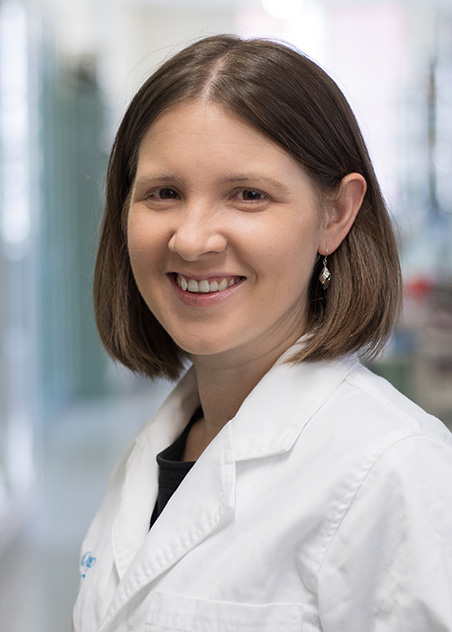 Dr Rosie Brown, Department of Physiology and Centre for Neuroendocrinology
Dr Rosie Brown, Department of Physiology and Centre for Neuroendocrinology
All mammals, including humans, give birth to highly dependent young that must be nourished with milk and nurtured to ensure optimal growth and development. However, the transition to parenthood is not easy for many people that give birth. Postpartum mood disorders affect 14 per cent of those who give birth in Aotearoa, a potentially significant barrier for healthy interactions with an infant. Research shows that a child’s interactions in the first few years of life are critically important to their development and can have lifelong consequences.
Dr Brown has studied mice to demonstrate key roles of hormones in regulating multiple aspects of a parent’s behaviour. In particular, the action of hormones in the medial preoptic area (MPOA) of the brain is essential for both parents’ behaviour and the survival of offspring. However, the mechanism by which these hormones act in the MPOA remains a mystery. Much of Dr Brown’s work to date has focused on the role prolactin plays in stimulating parental behaviour, but new data suggests that sensitivity to the hormone progesterone is altered in key MPOA neurons and can also regulate parental behaviour.
During her Fellowship, Dr Brown will use her expertise in hormonal modulation of parental behaviour to investigate how progesterone regulates parental behaviour. Using cutting edge neuroscience tools, Dr Brown will define how the progesterone signalling circuits in the MPOA regulate maternal behaviour. She will also determine the functional impact of progesterone during the pregnancy and postpartum transitions and establish if modulation of progesterone signalling in the MPOA can regulate parental behaviour in a preclinical model of postpartum mood disorder. Dr Brown believes that a better understanding of how hormones act on neural circuitry is critical to developing strategies to help whānau across Aotearoa by improving postpartum mental health.
Rutherford Discovery Fellowship
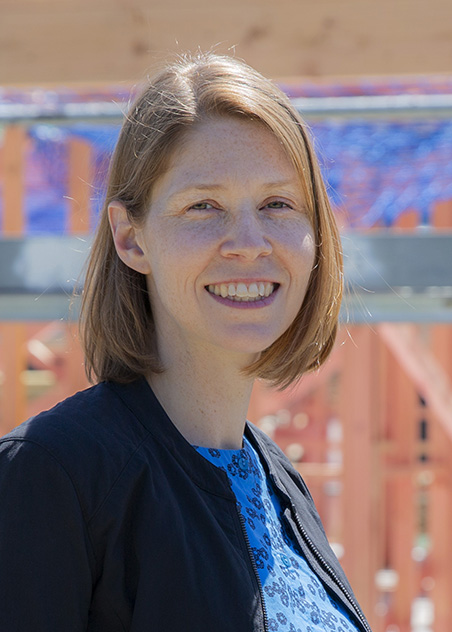 Dr Kimberley O’Sullivan, Department of Public Health
Dr Kimberley O’Sullivan, Department of Public Health
Aotearoa New Zealand is facing concurrent crises in the housing, energy, and mental health sectors. Housing quality is critical to people’s health and wellbeing, and power costs play a significant role in determining outcomes. A vicious cycle of increasing power costs and poor health and wellbeing keeps people trapped in financial and health poverty. Although we understand links between housing quality and power poverty, we have yet to discover specifically how these impacts occur – how does cold housing affect mental health and wellbeing? What are the connections between housing, power use, and negative mental health and wellbeing impacts?
With a Rutherford Discovery Fellowship, Dr O’Sullivan aims to tackle these complex questions by establishing the HOusing, energy, MEntal health and wellbeing (HOME) Programme. The HOME programme is designed to enable close collaboration and partnership with Māori and other community and industry partners, and government agencies. Through these collaborations the programme will evaluate the mental health and wellbeing impacts of various interventions such as the Winter Energy Payment (government-led), and the Raukawa Energy Innovation Project (iwi-led). The knowledge generated will provide communities with new understanding of the improvements to mental health and wellbeing that can be made in policy and practice.
Sharing this knowledge will enable the project’s community partners to use these tools to get the greatest mental health gains as well as important environmental benefits. The programme will support students, research participants, and communities to gain and impart knowledge, including mātauranga Māori, in ways that are useful and mana-enhancing – putting the power into the hands of the people.
James Cook Research Fellowship
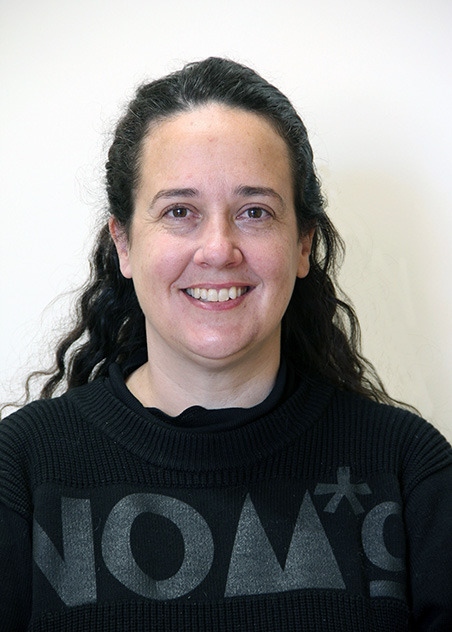 Professor Siân Halcrow, Department of Anatomy
Professor Siân Halcrow, Department of Anatomy
Recent reports that schools in Aotearoa New Zealand were in possession of anatomical human skeletons shocked communities and raised concerns for the cultural health and safety of tauira. Most countries today have legislation and rigorous policies regulating body donor programmes, ensuring informed consent is obtained from the individual and family. Historically though, this has not been the case, with many institutions worldwide amassing anatomical skeletal collections through unethical means, many originating from South Asia. This highlights the ethical complexities in dealing with human remains held by education providers and the critical need for Indigenous-informed approaches to their care.
In this Fellowship, Professor Halcrow will undertake the first comprehensive survey of anatomical skeletal collections in Aotearoa and the United States. She will systematically assess stakeholder perspectives on the use and curation of these collections, and also engage with the public on matters of colonialism and the treatment of people, including their remains.
This research represents an area of significant public interest in Aotearoa and around the world. It is especially meaningful for the Indigenous people of Aotearoa and the USA, who have been harmed through the misuse of their remains for museum display and teaching. The results of this project will inform best practice and aid development of ethical guidelines and policy within Aotearoa, the US and worldwide for use in museums, universities, schools, and other institutions.
James Cook Research Fellowship
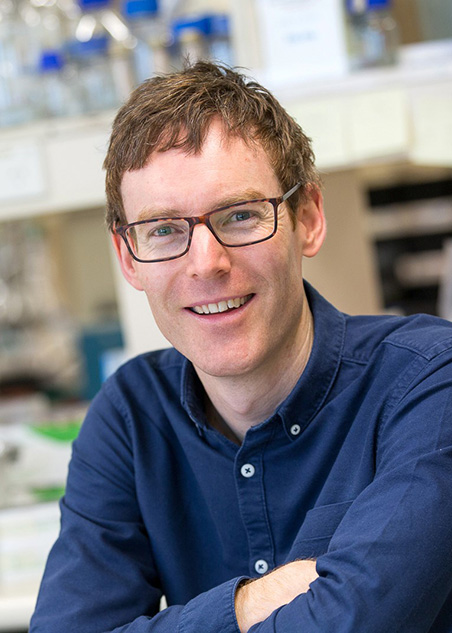 Professor Peter Fineran, Department of Microbiology and Immunology
Professor Peter Fineran, Department of Microbiology and Immunology
Like humans, bacteria are susceptible to viral infections – and these can be deadly. Viruses that infect bacteria, known as “bacteriophages”, or simply “phages”, are the most abundant biological entities on Earth. Due to their ability to kill bacteria, they are currently being explored as antimicrobial agents in medicine and agriculture. In order to safely exploit phages as antimicrobials, we need a thorough understanding of their biology, including the functions of their genes.
Bacteria have developed defence systems against phages, and, in response, some phages have evolved “anti-defence genes” to overcome them. Many of these have only been discovered by science in the last five years. In this James Cook Research Fellowship, Professor Fineran will develop a high-throughput method of introducing mutations into phage genomes. Using this method, which will take inspiration from his group’s previous successful work in bacteria, he will create a library of phages with different mutations spanning the entire genome. This library can be used to identify which genes are essential for phages to infect and kill bacteria, and to investigate their roles in the infection process. His mutagenesis method will also be used to introduce anti-defence genes into phage genomes to determine how they allow phages to overcome bacterial defence systems. This fundamental research will make it easier to rapidly generate phages that can evade specific bacterial defence systems - an important step towards using phages for the treatment of antibiotic-resistant bacterial infections.
For more information, please contact:
Jessica Wilson
Adviser Media Engagement
University of Otago
Mob +64 21 279 5016
Email jessica.wilson@otago.ac.nz
